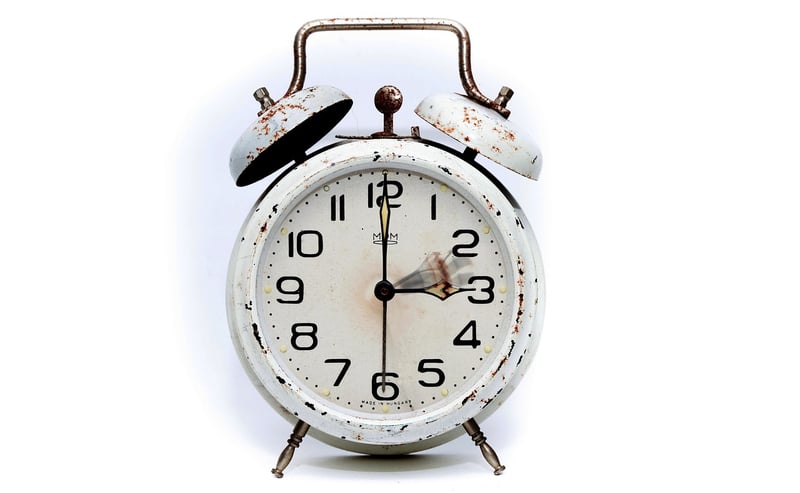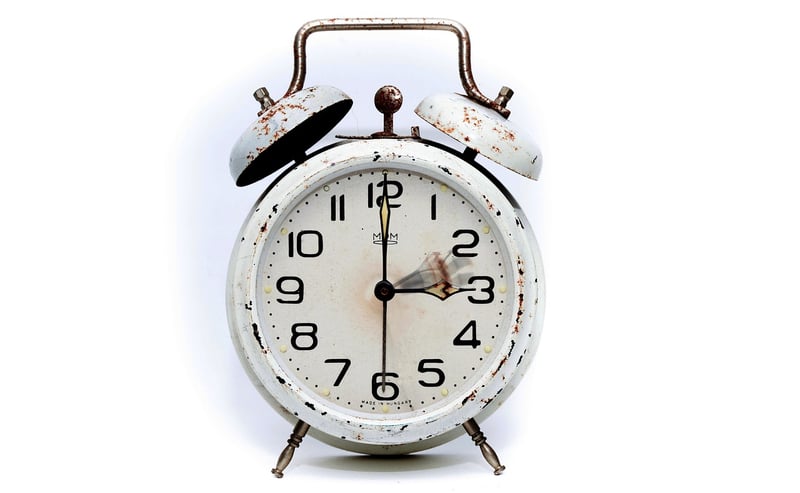Temporal Paradoxes
Understanding Temporal Paradoxes: Preparation, Consequences, and Implications
Time travel has long captured the imagination of writers, filmmakers, and scientists alike. The concept of moving backward or forward in time raises fascinating questions about causality, free will, and the nature of reality. However, with this intriguing idea come the complexities of temporal paradoxes that can boggle the mind.
Preparation for Time Travel:
Before delving into the intricacies of temporal paradoxes, it is essential to consider the hypothetical scenario of time travel. The theoretical frameworks proposed by physicists often involve concepts such as wormholes, closed timelike curves, or cosmic strings as potential means to traverse the fabric of time.
Any discussion of time travel must also address the practical challenges and ethical considerations associated with altering past events or interacting with earlier versions of oneself. Proper preparation, both scientifically and ethically, is crucial to avoid catastrophic consequences.
Consequences of Temporal Paradoxes:
Temporal paradoxes refer to situations where the very fabric of time is compromised due to contradictions arising from time travel. One of the most famous paradoxes is the grandfather paradox, where a time traveler goes back in time and prevents their grandfather from meeting their grandmother, thus preventing their own birth.
Other paradoxes include the bootstrap paradox, where information or objects exist without origin, and the predestination paradox, where actions taken to prevent a future event inadvertently cause that very event to occur.
Temporal Paradoxes and Their Implications:
The study of temporal paradoxes not only challenges our understanding of causality but also raises profound questions about the nature of existence and the limits of human knowledge. Exploring these paradoxes can lead to philosophical reflections on determinism, free will, and the concept of a fixed timeline versus a multiverse of possibilities.
While temporal paradoxes may remain firmly in the realm of theoretical physics and speculative fiction, their implications for our understanding of the universe are far-reaching. By contemplating the complexities of time travel and its associated paradoxes, we gain insights into the very nature of reality itself.
Explore Further:
For more in-depth discussions on time travel, temporal paradoxes, and their implications, consider exploring the works of renowned physicists such as Stephen Hawking, Kip Thorne, and Michio Kaku. Their groundbreaking research and writings offer fascinating insights into the mysteries of time and space.


Remember, while the idea of time travel may be a captivating thought experiment, the ramifications of temporal paradoxes remind us of the delicate balance of cause and effect that governs our universe.
